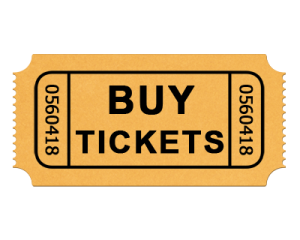What Do I Do When I Find An Injured Wild Animal?
People sometimes unintentionally cause more harm to an injured animal while attempting to help it. Know when you should act and when you should leave them alone. This is the first step in truly helping any wild animal. The less human intervention in a wild animal’s life, the better its outcome.
1. Know if the animal NEEDS your help. For example, many fawns are actually TAKEN from their mother by people who don’t realize “Mom” normally leaves the fawn for short times to feed. Their sense of smell and direction is much greater than humans, so rest assured she knows where her young is and will be returning soon. Emergency medical help is usually the only justification for intervention, or if the animal’s physical location is endangering humans or itself – as in a busy intersection of a major highway. If it’s a large animal or something you can’t easily “shoo away”, then call law enforcement so they can alert traffic using their lights and protect travelers.
2. Observe the animal from a safe distance; your presence causes stress. If you see any of the signs of duress listed here in the “what to look for” section, then it’s probably the only time you should act. Call the numbers listed below before taking action and let the experts guide you about what to do.
3. Know what to do until a veterinarian or other authority can take charge; ask them how you can help before you end your telephone call.
4. Do not remove an animal from its natural location without proper and reasonable justification. If you are unsure, then revisit guideline #1.
Injuries – What To Look For:
Found Animal
In East Tennessee:
http://wildlife.rescueme.org/Tennessee
https://www.tn.gov/twra/article/wildlife-rehabilitator-list
In North Carolina
http://www.nc-claws.org/
Phone Numbers
TN Wildlife Resource Agency 1-800-332-0900
Wildlife Rehabilitation – It is against state and federal law to keep wild animals. Wildlife Rehabilitators are licensed by the Tennessee Wildlife Resources Agency to care for animals until such time they can be released back into the wild. No one without a license should keep any wild animal captive. Wild animals require special diets and care, and pose hidden dangers such as the risk of disease to people. Wildlife Rehabilitators attend workshops sponsored by national organizations such as the National Wildlife Rehabilitators Association or the International Wildlife Rehabilitators Council to further their knowledge. Most Rehabilitators are unpaid volunteers.
